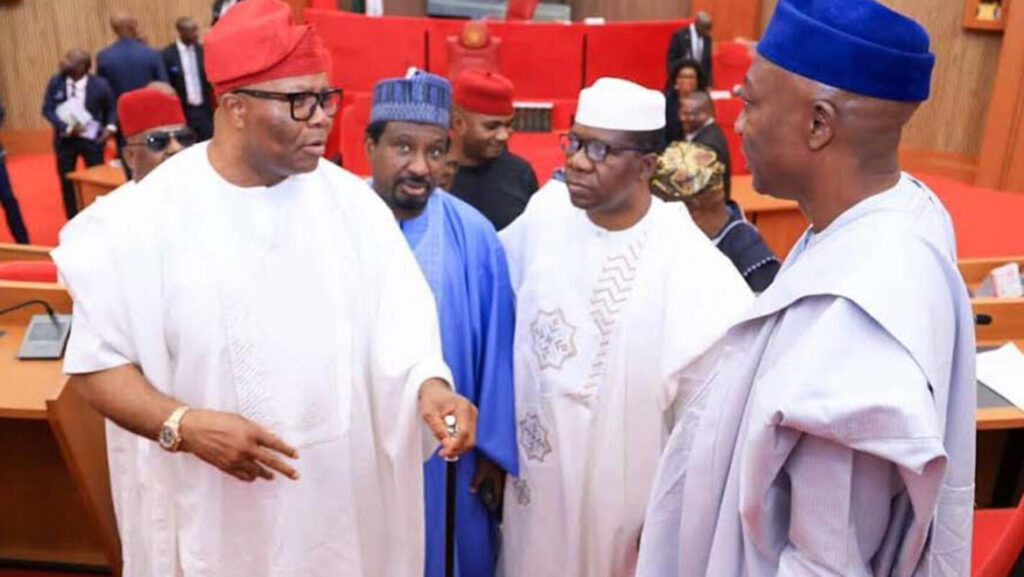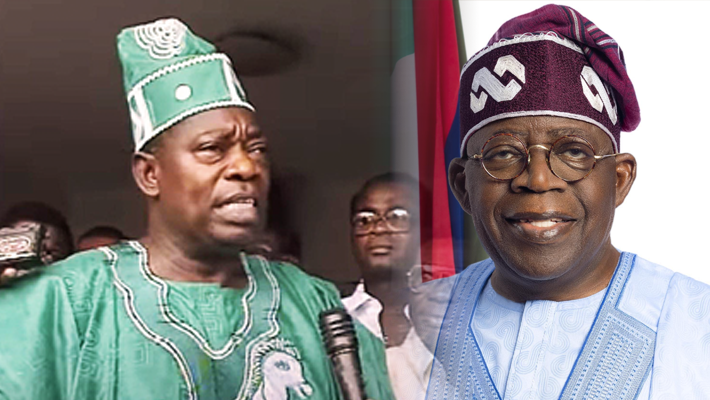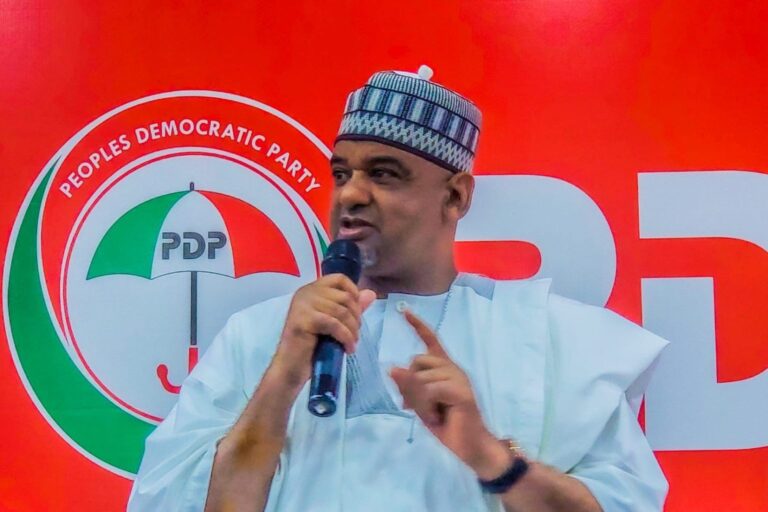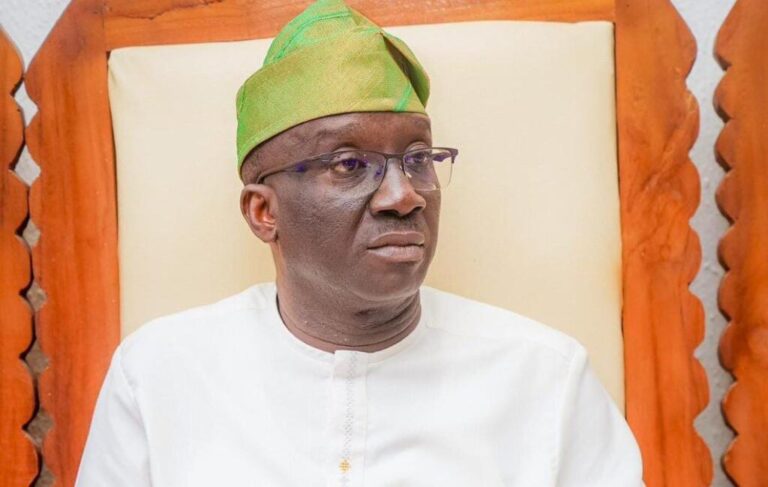
The National Assembly has officially transmitted the Investments and Securities Bill (ISB) 2024 to President Bola Tinubu for assent, marking a significant step towards strengthening Nigeria’s capital market regulations.
During the Securities and Exchange Commission (SEC) budget defence in Abuja, on Tuesday, Chairman of the Senate Committee on Capital Market, Sen Osita Izunaso (APC, Imo West), confirmed that the Senate President, Godswill Akpabio, had signed the bill, and that lawmakers expect the President to approve it within 30 days.
Also, the House of Representatives fixed February 26, 2025 for the public hearing of President Tinubu’s tax reform bills. To ensure fiscal accuracy and transparency, the Senate approved adjustments to the 2025 Appropriation Bill, fixing errors in allocations across multiple Ministries, Departments and Agencies (MDAs).
Also, to enhance investor confidence, Izunaso disclosed that the committee recommended a N10 billion special fund for investor education in the 2025 budget.
In his remarks, Sen Anthony Yaro (PDP, Gombe South) commended the commission for its approach in 2024, adding that with the positive happenings like the ISB and the reduction in deductions, the SEC is expected to perform better.
“I believe these developments will boost your performance in 2025. We know your capacity and what you can do, but you need to do more,” he stated. During the session, SEC Director-General, Dr Emomotimi Agama, expressed gratitude for the National Assembly’s support, noting that Nigeria was among the world’s best-performing markets in 2024.
He highlighted a key policy achievement, the reduction of the Federal Government’s deduction from SEC revenue from 50 per cent to 20 per cent, a move expected to take effect from March 1, 2025.
Agama also provided insights into SEC’s 2024 financial performance, revealing that the commission exceeded its revenue projections, generating N26.9 billion against the projected N22.4 billion, resulting in a 20.34 per cent surplus.
While commending the SEC’s performance, Sen Victor Umeh (LP, Anambra Central) raised concerns about false financial disclosures by companies, urging stricter enforcement to prevent fraud. He emphasised the need for robust oversight to ensure that investors receive accurate financial information and are protected from deceptive practices.
The tax bills scaled second reading at the Green Chamber last week after receiving overwhelming support from the lawmakers. The Speaker, Tajudeen Abbas, who announced this during plenary, yesterday, also constituted a 36-member special committee to coordinate the session, bringing in expertise in tax administration, including the benefits of the tax reform proposal.
The committee, according to Abbas, will be chaired by Abiodun Faleke (APC, Lagos), while the Deputy Chairman, House Committee on Finance, Seidu Abdullahi, will serve as his deputy.
THE budget review process, led by Akpabio, ensures that the total budget remains at N54.99 trillion, aligning national spending with financial prudence.
The budget adjustments presented at plenary, yesterday, resulted from a final review by the Joint Committee on Appropriations. Senate Committee Chairman on Appropriations, Adeola Olamilekan, moved a motion to realign key budgetary allocations, addressing discrepancies in recurrent expenditure, pensions, and capital projects.
Some of the significant amendments included Ministry of Defence (from N2.51 trillion to N2.49 trillion, Ministry of Police Affairs (N1.225 trillion to N1.224 trillion, Department of State Services (DSS) was allocated N24.84 billion, National Intelligence Agency (NIA) adjusted to N20.42 trillion and Pension Transitional Arrangement Directorate (PTAD) raised to N42 trillion.
In his intervention, Deputy President of the Senate, Jibrin Barau, who was chairman of the Appropriation Committee, emphasised the inevitability of minor errors in the budgeting process.
He noted that such discrepancies, often arising from clerical miscalculations or staff oversight, were typically discovered and corrected during the final scrutiny before Presidential assent. He commended the Appropriation Committee for its diligence in identifying the errors at this critical stage, preventing the need for a post-assent amendment.
Akpabio stressed that the amendments reflected the National Assembly’s commitment to accountability, transparency and responsible governance. With the 2025 Appropriation Bill now properly aligned, the legislative arm has signalled its readiness to work with the executive to ensure full budget implementation, prioritising national security, infrastructure, education and social welfare.


